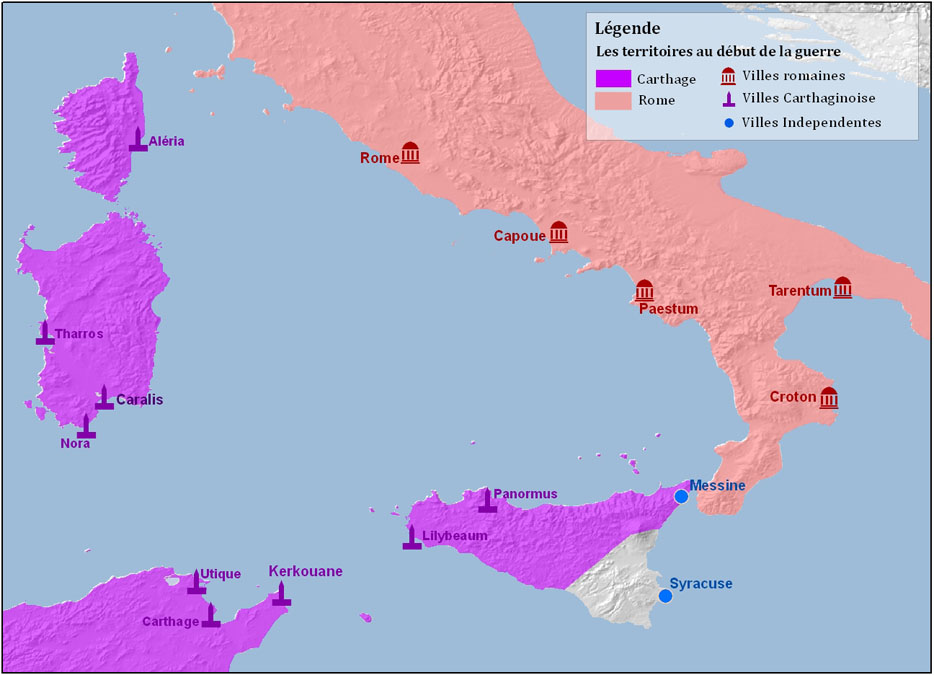
In 50 BCE, the Phoenicians started a new exploration into Africa, after Hanno the Explorer did so centuries ago.įollowing the Cretan War against the Pontic Empire (55-54 BCE), the Carthaginians waged a successful war against the Demetrian Kingdom of Egypt, recapturing their Levantine homeland in 50 BCE. However, to avoid a war with the Carthaginian Empire, the city of Arelate remained under their control.ĭuring the first century BCE, Carthage showed increased interested in exploring "mythical" and unknown lands. Shortly after another unsuccessful Numidian uprising, in 109 BCE, Carthage came in contact with the Germanic Cimbri, who migrated to southern Gaul from Denmark.

The Lusitanian War lasted until 140 BCE, and resulted in more autonomy for the Iberian tribes, establishing own client kingdoms, though swearing loyalty to Carthage.

In 148 BCE, Viriathus of the Lusitanians sparked a great rebellion in Iberia. However, the Barcids had won, and replaced the king with a Republic, ruled by suffetes and the senate. This escalated in 172 BCE, when a civil war broke out between the pro-Barcid supporters and the loyalists of the king. Hannibal would later be regarded as one of the greatest generals in all of history.Īfter a successcul war against Macedonia in 187 BCE, from 181 BCE onwards, Iberia became increasingly unstable. The Second Iberian War (212-202 BCE) greatly increased the power and wealth of Carthage. In 212 BCE, Hannibal was eager to further conquer Iberia, securing all Iberian land, west of the Ebro River. His army was crushed, and Masinissa was executed shortly after, vassalizing Numidia. Masinissa was then again defeated at the Second Battle of Cirta in 216 BCE. Hannibal pursued Masinissa and annihilated his army on its way directly to Carthago. After news of low stability reached Italy and Iberia, dozens of revolts and uprisings broke out in these regions. The First Iberian War (236-218 BCE), led by general Hannibal, was quickly interrupted by a Numidian rebellion, led by king Masinissa, who annihilated the Phoenician forces, due to deserting Numidians in the Carthaginian army and superior tactics, and was about to march on the capital, Carthago. After the inconclusive Battle of Maloenton in 275 BCE against Etruria, Pyrrhus decided to abondon his campaign and return to Greece. Initially successful, the Epirotes retreated to Eastern Italy, in result of an unpopular military dictatorship in Sicily. Tensions increased heavily when Pyrrhus invaded Sicily in 278 BCE. As the Gauls were repelled, Etruria was forced to become a puppet in 319 BCE, as a result of the Phoenician support.ĭuring the Pyrrhic Wars (281-275 BCE), Carthage played a major role in supporting Rasenna against Pyrrhus of Epirus. Initially allying with the Rasennan Kingdom against the Italian Greeks, Etruria showed an increased dependency on Carthage, when Gallic tribes attacked from Northern Italy, causing the Rasennans to sign a treaty in which they owed the Carthaginians massive amount of riches, which their God-King apparently oversaw. Established as the colony of Carthago around 814 BCE, as a settlement of Tyre, within hundreds of years it developed to turn into the center of the Carthaginian Empire, a significant commercial and naval power that controlled the western Mediterranean until the 5th Century CE, and endured until the late 7th Century.Ĭarthage was the longest lasting empire in all of history when it first became independent from the Phoenicians in 650 BCE, existing for almost 1,350 years, even though by 342 CE, it only consisted of Carthago and Sicily.Īfter Tyre's and Sidun's submission to the Persian Empire in the sixth century BCE, Carthage was left on their own to fill the power vaccuum as the dominant Phoenician Empire. Carthage (814 BCE - after 500 CE) was an ancient Phoenician city-state and Civilization located in OTL present-day Tunisia.


 0 kommentar(er)
0 kommentar(er)
